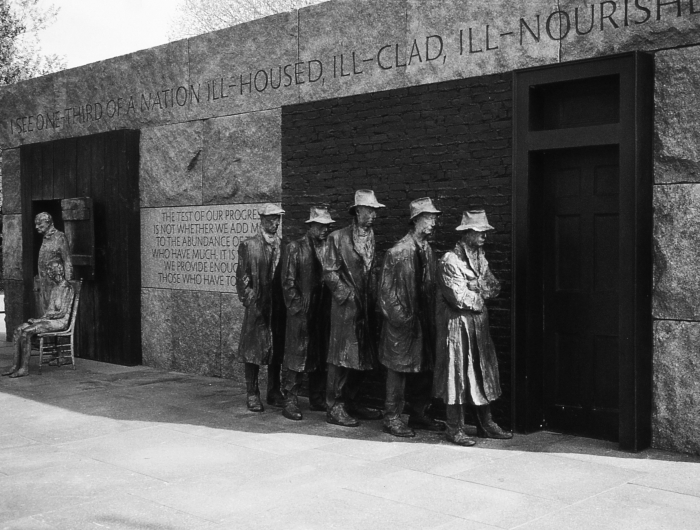Debt deal savings are small and fall on people with low incomes

Robert Linder - unsplash.com.
Statement of CSPI President Dr. Peter G. Lurie
We are disheartened to see harmful changes to the Supplemental Nutrition Assistance Program (SNAP) included in the latest debt ceiling bill that was passed by the House on Wednesday—and, last night, by the Senate. House Republicans have long sought opportunities to restrict SNAP, and it’s even more disappointing that they managed to do so with a Democratic-held White House.
The evidence is clear that expanding the already onerous work requirements does not boost employment and would cause harm by reducing participation in the program. The bill also reduces states’ ability to waive work requirements, which is particularly important in instances of a sudden hardship that affects unemployment, such as a chemical spill or large factory shutdown. The bill also includes exemptions for veterans, individuals experiencing homelessness, and individuals aging out of the foster care system. At face value these seem like positive aspects of this disappointing bill, but many of these individuals should have already been exempted under the current system, highlighting the shortcomings of the work requirement processes. We are also concerned that implementation of exemptions will place undue burden on these individuals to prove they qualify.
The spending cut is a small drop in a large federal budget; it arbitrarily punishes people with low incomes. We urge the Biden administration and Congress to address the debt ceiling in a way that does not harm people struggling to put food on the table.
# # #
Contact Info: Lisa Flores, 202-777-8368 or Jeff Cronin, 202-777-8370

